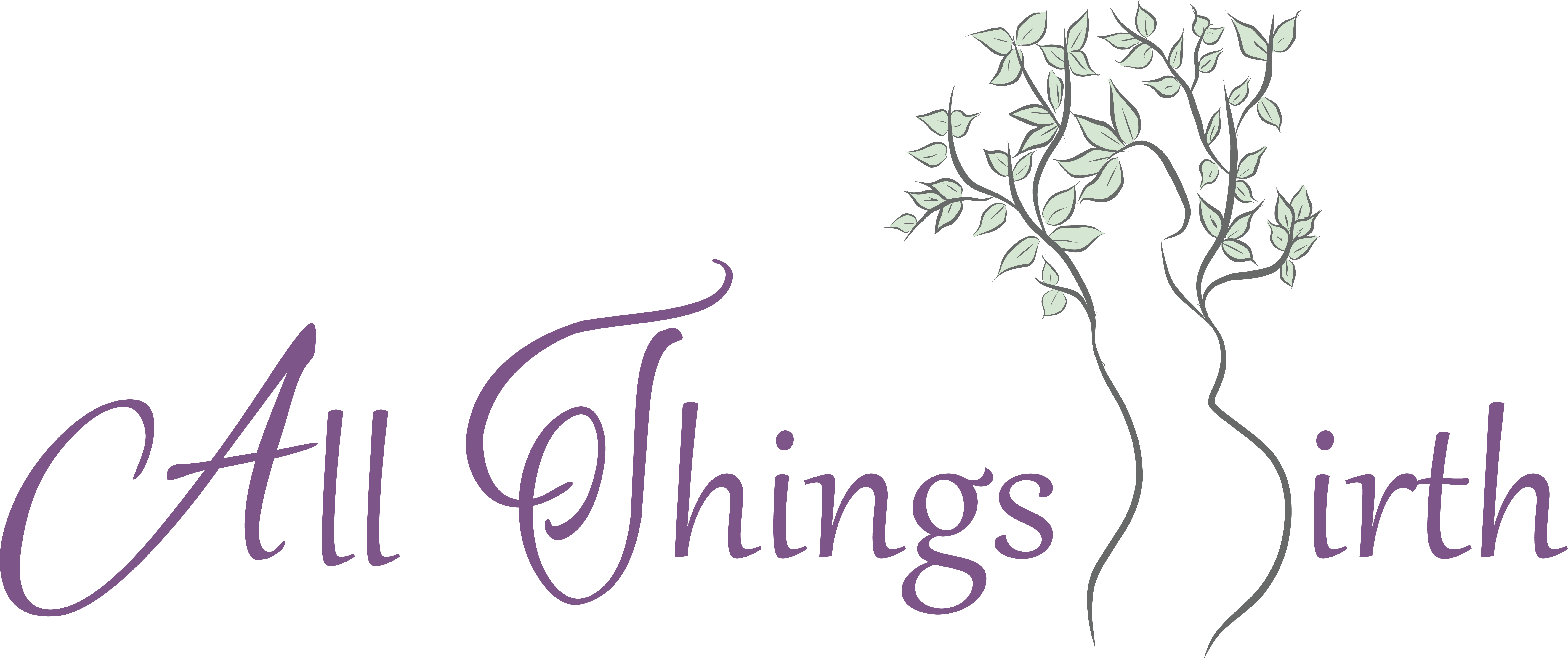Frequently Asked Questions
Placenta encapsulation is a process where the post birth placenta is steamed, dehydrated, ground and placed into vegan or flavoured gel pills by a certified practitioner. Traditionally it is taken by the mother for its many health benefits.
People report the following benefits: better milk supply, increased energy, less postpartum depression, faster recovery after birthing and feeling generally more balanced. See further down for ‘What’s in my placenta?’.
If you’re ready to find out more about encapsulating your placenta, I’d love to hear from you! I would be honoured to answer any questions you have. So, if you wish to secure your spot it is best to contact me as soon as possible. The earlier you book the better.
Absolutely. If your placenta was handled properly at birth, and put into the freezer within two hours after birth, we can go ahead.
Generally 72 hours or less. The process takes place over two days, as the placenta needs to dehydrate for at least 14 hours. The hands-on process on day one and day two usually takes around two hours each.
Firstly, size does matter! A large placenta will yield more capsules than a smaller one. You should expect between 80 and 200 capsules, which will last you a couple of months.
I have a special, sterilised workspace to process your placenta. I handle one placenta at a time and this is done under strict processing protocol and sanitation guidelines. Alternatively, I can come and do the preparation in your own kitchen.
There are three cases in which it’s not advised to encapsulate, due to possible infection:
- If you are diagnosed with an uterine, or any other infection during or shortly after labour.
- If your placenta hasn’t been handled properly after birthing. Please note: you should always get a proper guideline for placenta handling and storage from your encapsulation specialist.
- If your placenta has been taken away for pathology for any reason.
* Optional, not included in package price.
If the placenta is processed properly by someone who is certified, the placenta is only full of goodness! According to a 2016 study, no toxin levels have been detected in encapsulated placenta. The steaming process ensures it’s safe to consume, with no bacteria or toxins.
*Young et al (2016). Nutrition Research 36 (8): 872-8


